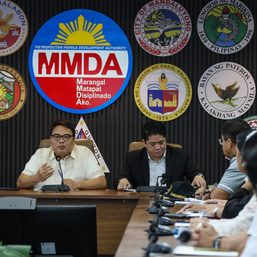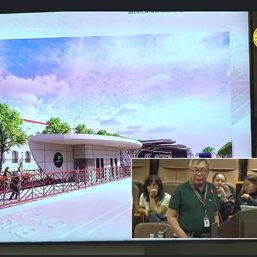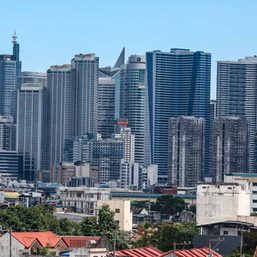SUMMARY
This is AI generated summarization, which may have errors. For context, always refer to the full article.

MANILA, Philippines – The Philippines is set to remove tariffs on electric vehicles in a bid to prop up demand amid rising fuel prices.
The National Economic and Development Authority (NEDA) Board on Thursday, November 24, approved an executive order (EO) which cuts the most favored nation tariffs on electric vehicles to 0%, including passenger cars, buses, mini-buses, vans, trucks, motorcycles, tricycles, scooters, and bicycles, as well as their parts and components. The zero-tariff regime will last for five years.
The current tariff rates on hybrid vehicles will not change.
Existing import duties are around 5% to 7%.
Filipinos currently need to shell out $21,000 to $49,000 for an electric vehicle. Electric vehicles are more expensive than conventional vehicles, which range from $19,000 to $26,000.
The NEDA Board indicated that the tariff modification would be reviewed a year after implementation to assess the impact on the development of the electric vehicle industry.
In a briefing on Thursday, Socioeconomic Planning Secretary Arsenio Balisacan said the EO aims to expand market sources and encourage consumers to consider buying electric vehicles, as well as reduce dependence on imported fuel. – Rappler.com
Add a comment
How does this make you feel?






![[EDITORIAL] Kamaynilaan para sa tao, hindi para sa mga sasakyan](https://www.rappler.com/tachyon/2024/04/animated-traffic-april-2024-carousel.jpg?resize=257%2C257&crop=410px%2C0px%2C720px%2C720px)




There are no comments yet. Add your comment to start the conversation.